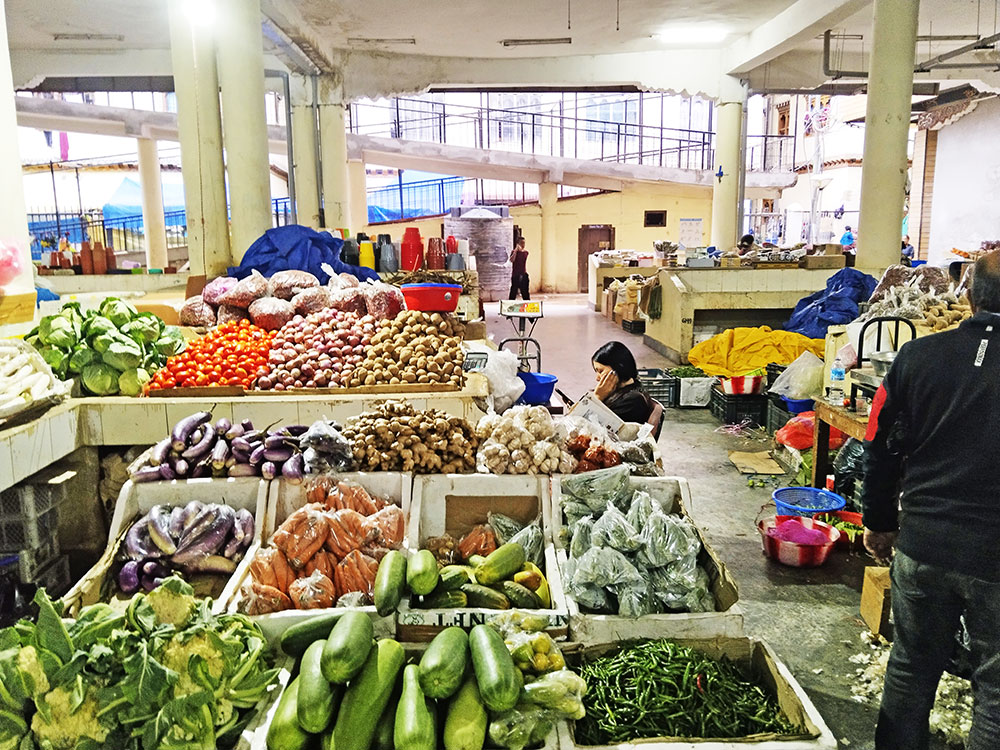Sherab Lhamo
The Indian government last week imposed a 40 percent export tax on onion until December to improve its local availability and prevent a further rise in its price.
Onion’s retail price in Thimphu which was around Nu 70 per kg could now cost around Nu 82 per kg, with an increase of 40 percent cost price. As per the tax imposed by India, the average import price is expected to increase by Nu 11.69, from Nu 29.23 per kg in 2022 which is around Nu 41 per kg.
Bhutan depends 96 percent on onion imports from India, importing around 6,330 metric tonnes (MT) worth Nu 185 million from India in 2022. Bhutan cultivates around 264.8MT.
Department of Agriculture Marketing and Cooperatives Director, Kinlay Tshering, said, though some farmers cultivate onions with the ministry’s support, mainly in the southern and eastern dzongkhags, the production is still insufficient to meet the demand.
“Most farmers are hesitant to grow onions because they take a long time to mature (around 6 to 7 months) and the harvest season coincides with the rainy season,” she said.
She said that onions are readily available from neighbouring countries throughout the year at a much lower price than domestically-produced ones.
As an alternative source, Kinlay said, Bangladesh is the most viable option for Bhutan, given its proximity and availability of significant quantities to meet the requirement.
As per Reuters, the tax rate will make Indian onions more expensive than those from other countries, such as Pakistan, China, and Egypt.


